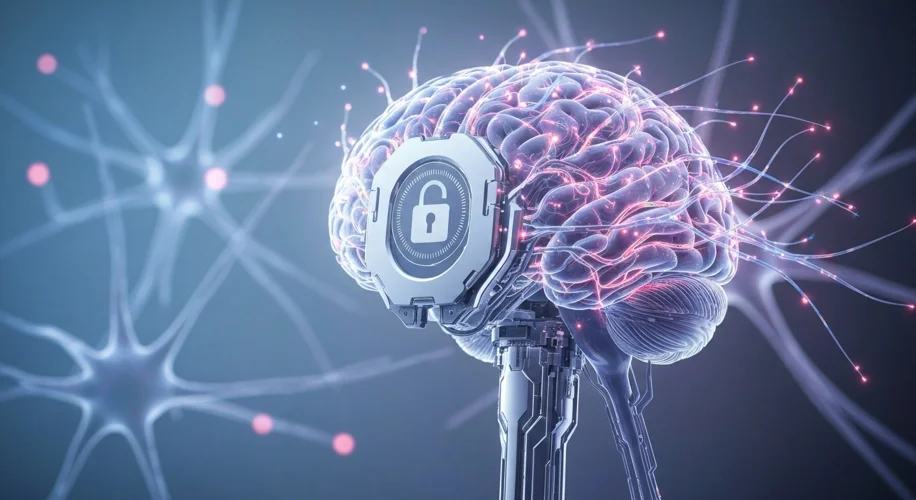It sounds like science fiction, doesn’t it? A brain implant that can read your thoughts, and even comes with its own password protection. But this isn’t a plot from a new blockbuster; it’s a reality researchers are actively developing, particularly for those who have lost the ability to speak.
Imagine someone who can no longer move their body or speak due to conditions like ALS or a severe stroke. For years, communication has been a significant hurdle. Now, scientists are making incredible strides with brain-computer interfaces (BCIs). These are not just about controlling a cursor on a screen; they are moving towards decoding the very essence of our thoughts – our inner voice.
What’s truly fascinating is how this technology works. BCIs typically involve an implant that sits on or within the brain, carefully placed to pick up the subtle electrical signals that correspond to speech. Even when a person isn’t speaking aloud, the brain regions responsible for speech production are still active. Researchers have developed sophisticated algorithms that can learn to interpret these patterns.
Think of it like learning a new language, but instead of listening to sounds, the system learns to ‘listen’ to brain activity. Over time, the BCI can translate these neural signals into text or speech. Early systems have shown promising results, allowing individuals who are completely paralyzed to communicate their thoughts by imagining speaking.
The breakthrough we’re seeing now is the ability to do this in near real-time. This means a much more natural and fluid conversation flow. The system essentially learns to decode the ‘inner monologue’ – the words we form in our minds even when we don’t vocalize them.
But what about privacy and security? This is where the ‘password protection’ aspect comes in. As these implants become more sophisticated and capable of decoding complex thoughts, the need for robust security is paramount. Researchers are exploring ways to build in safeguards, ensuring that the data being read is only accessible to authorized users – perhaps requiring a specific mental command or pattern that only the individual can perform.
This technology holds immense potential to restore communication for people with severe speech impairments. It’s a powerful reminder of how our understanding of the brain is expanding, and how technology can be used to overcome profound challenges. While still in development, the idea of a password-protected mind-reading implant is a testament to the innovative spirit pushing the boundaries of what’s possible in neuroscience and engineering.

